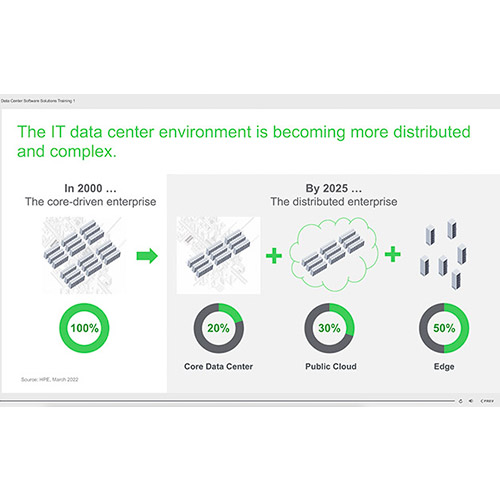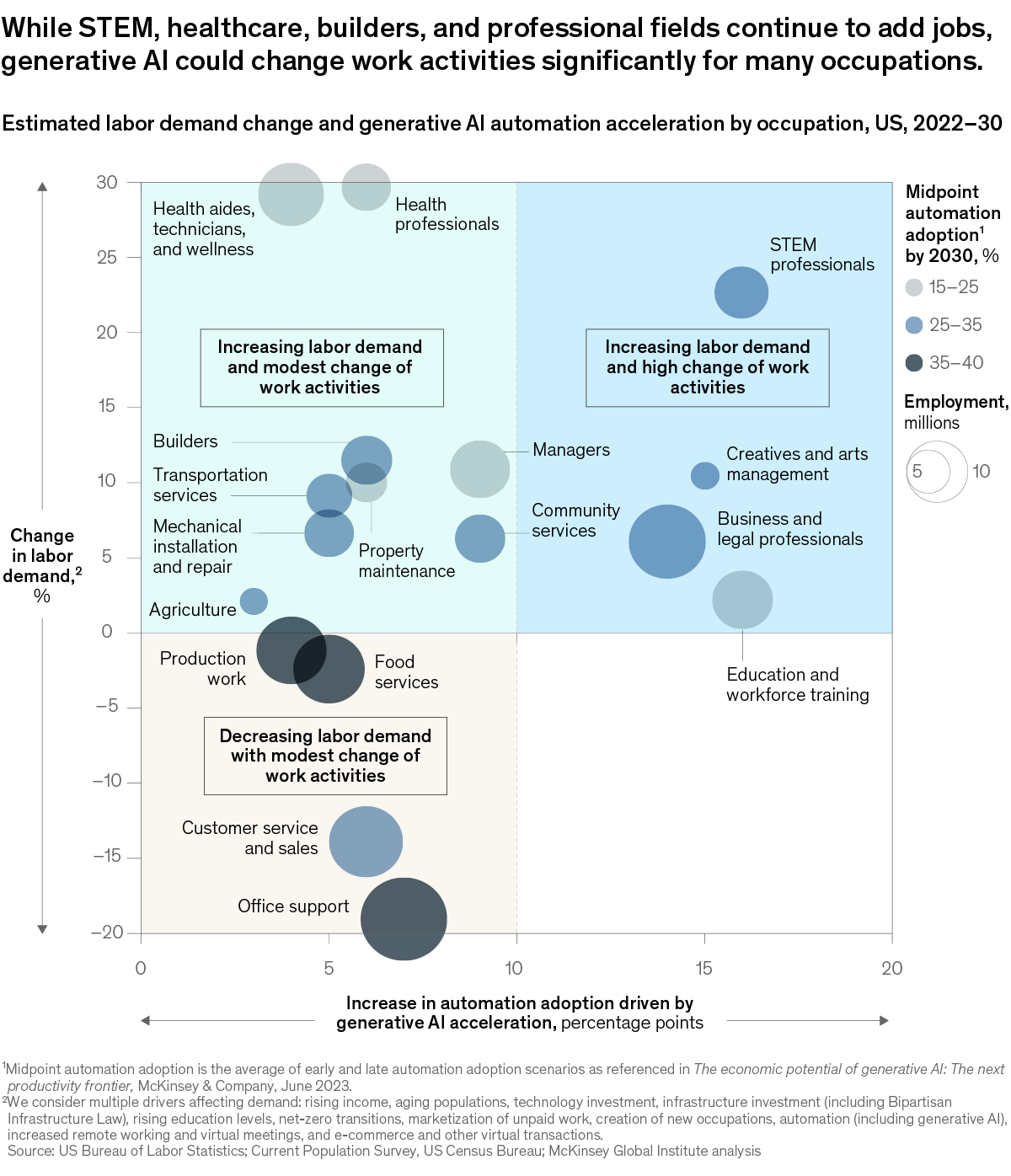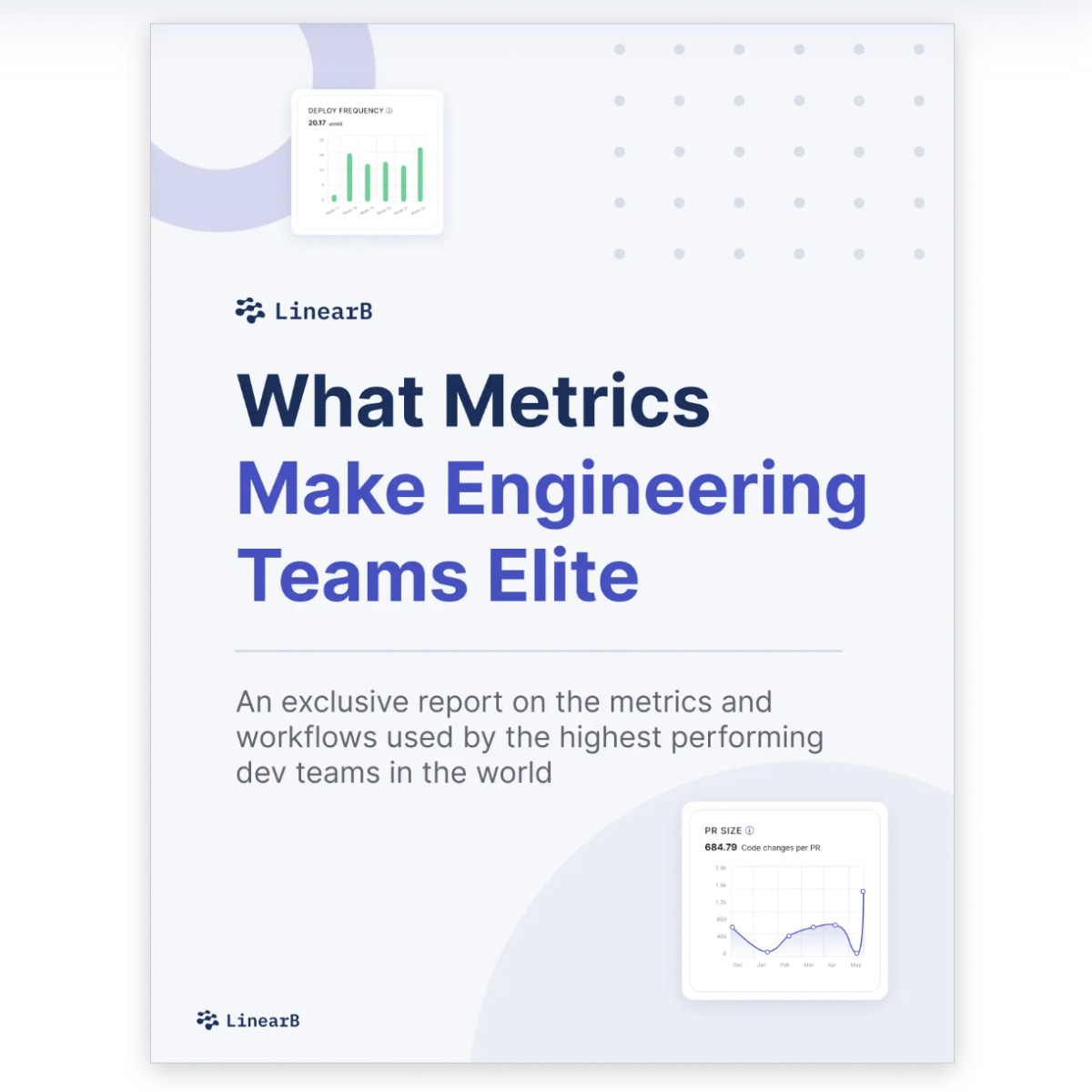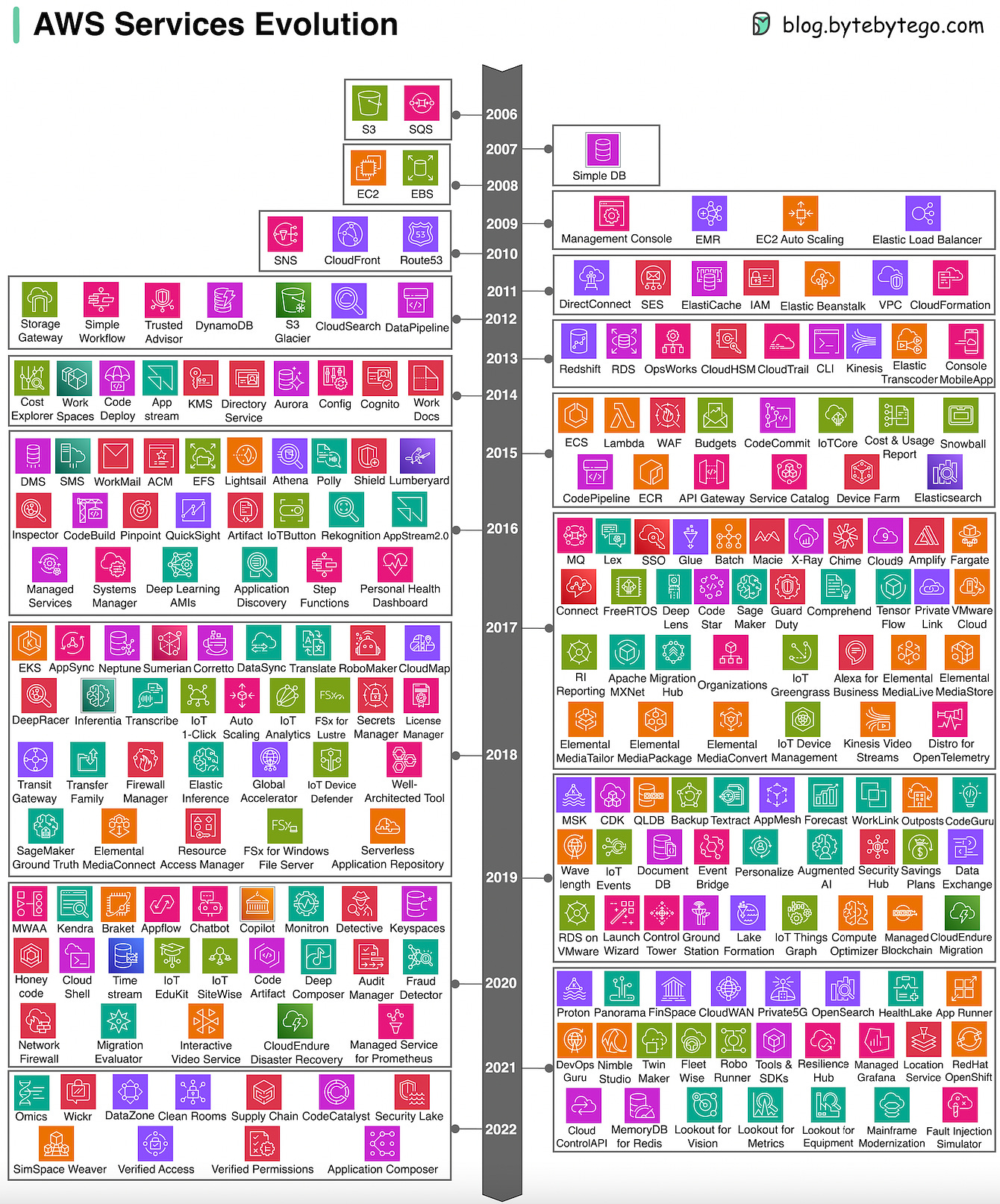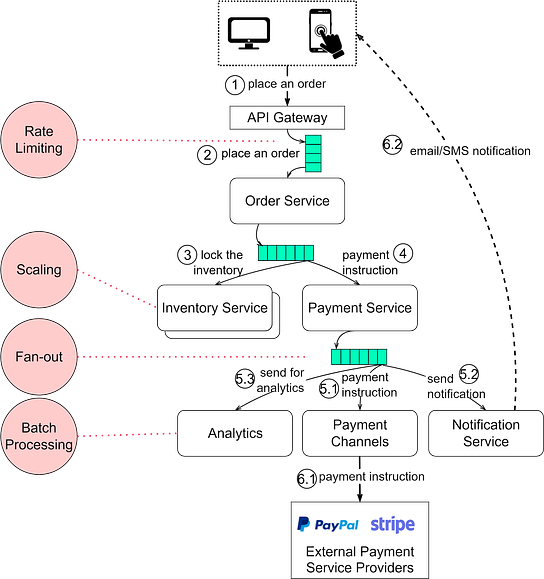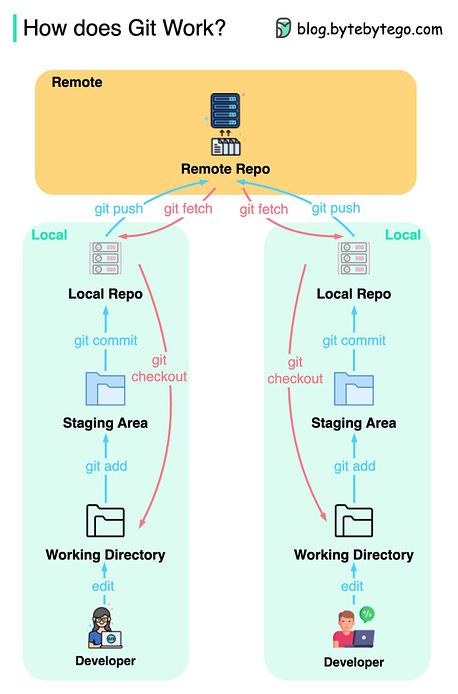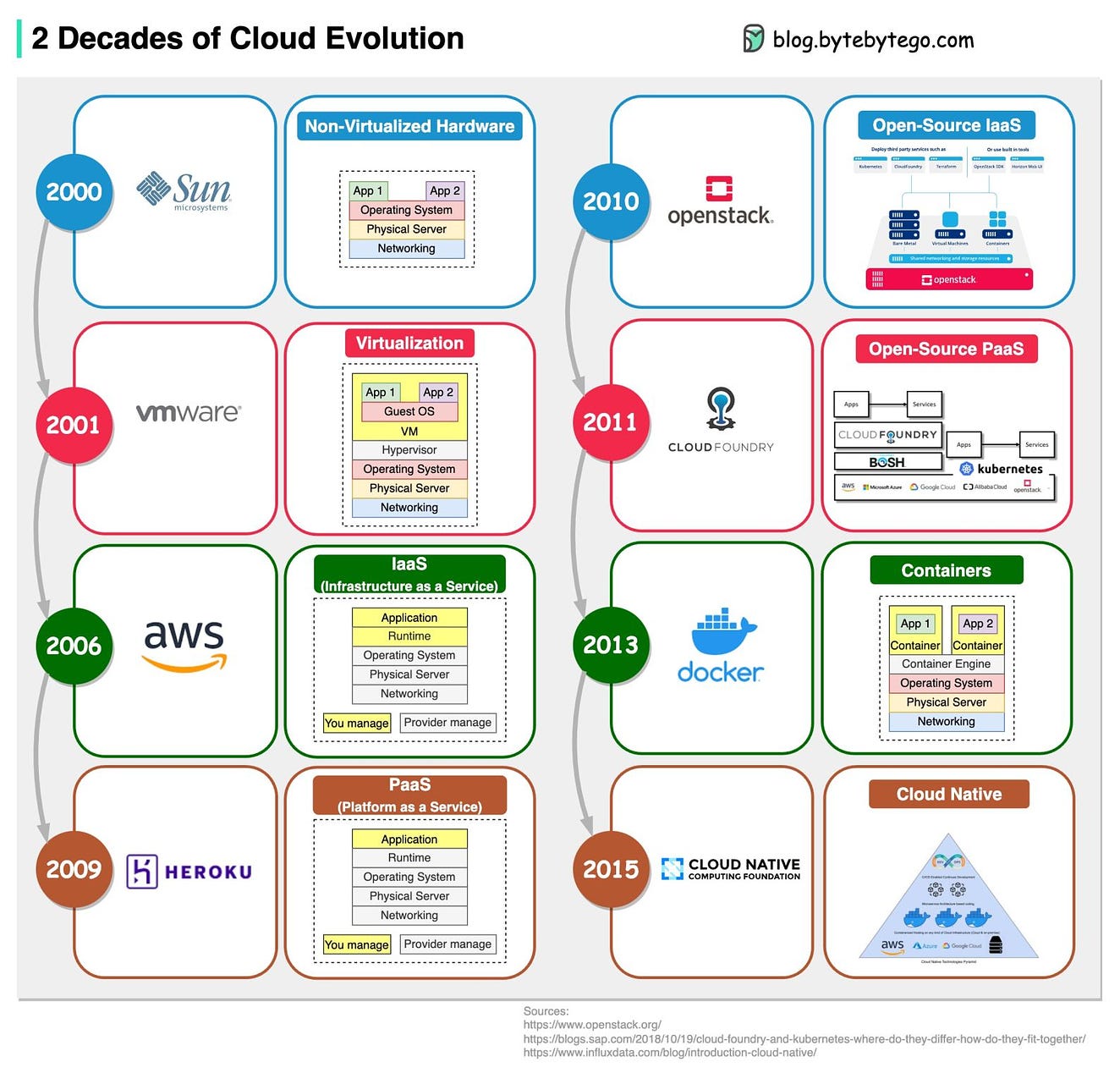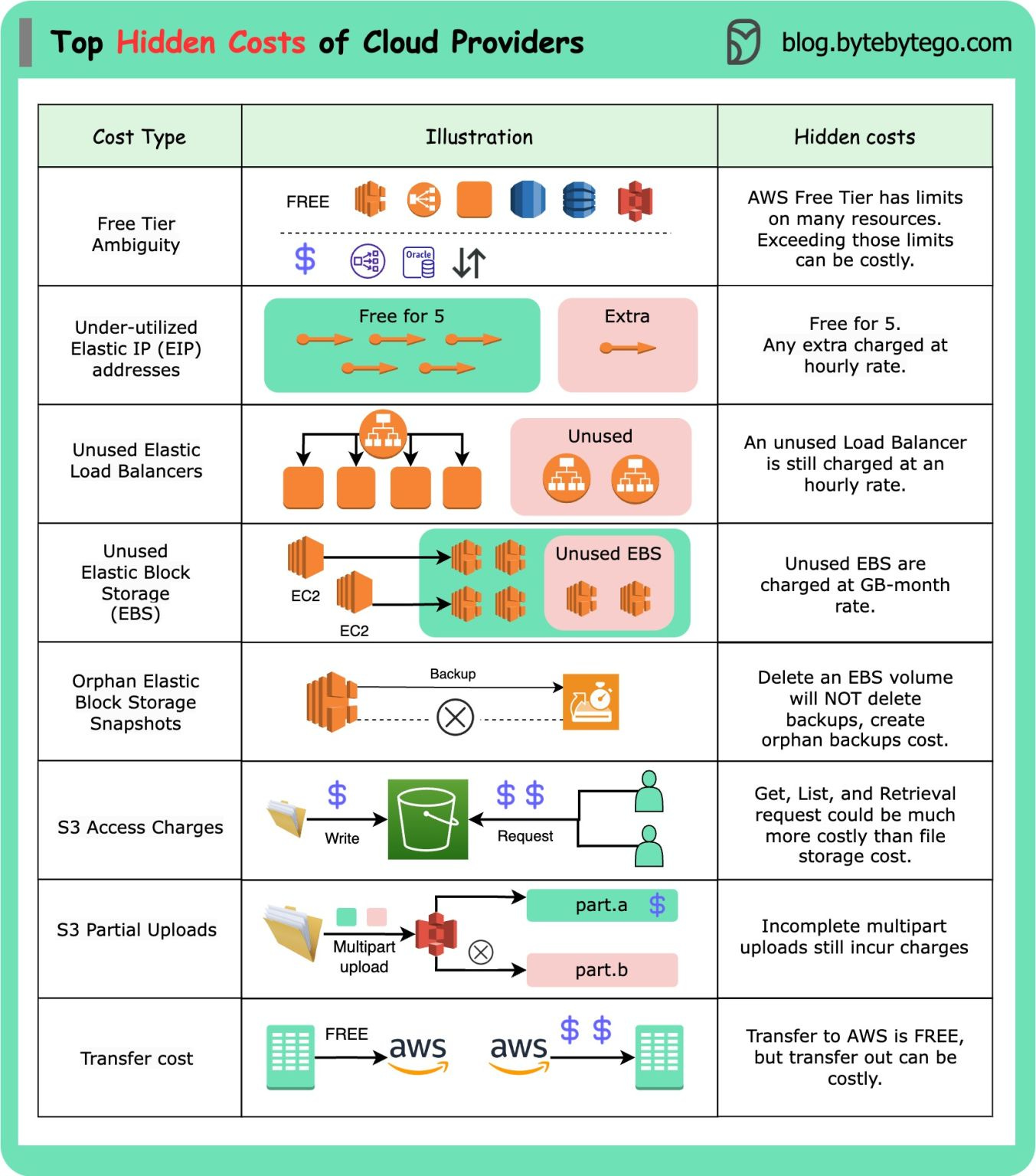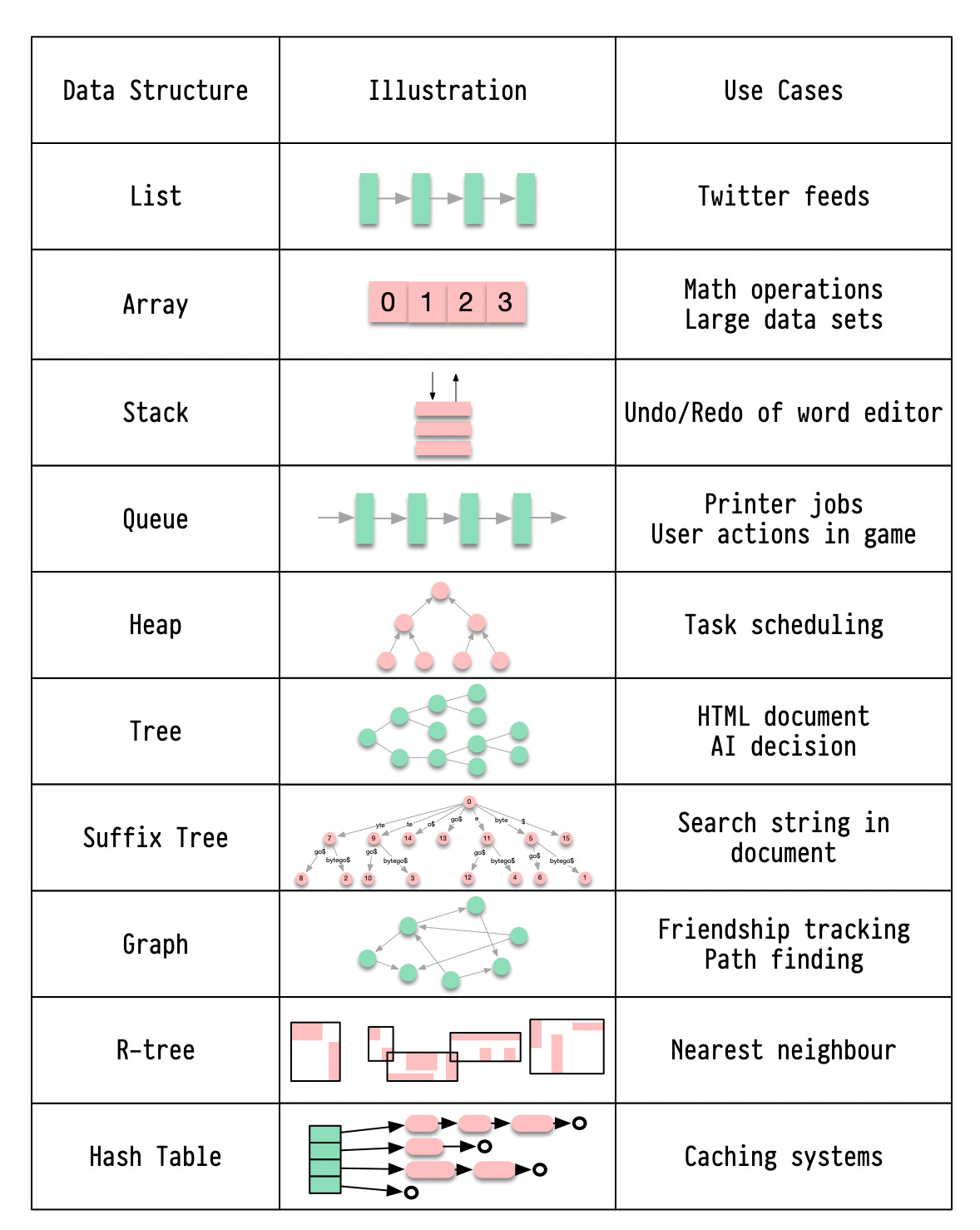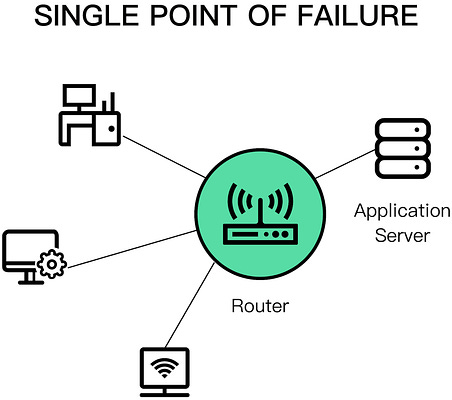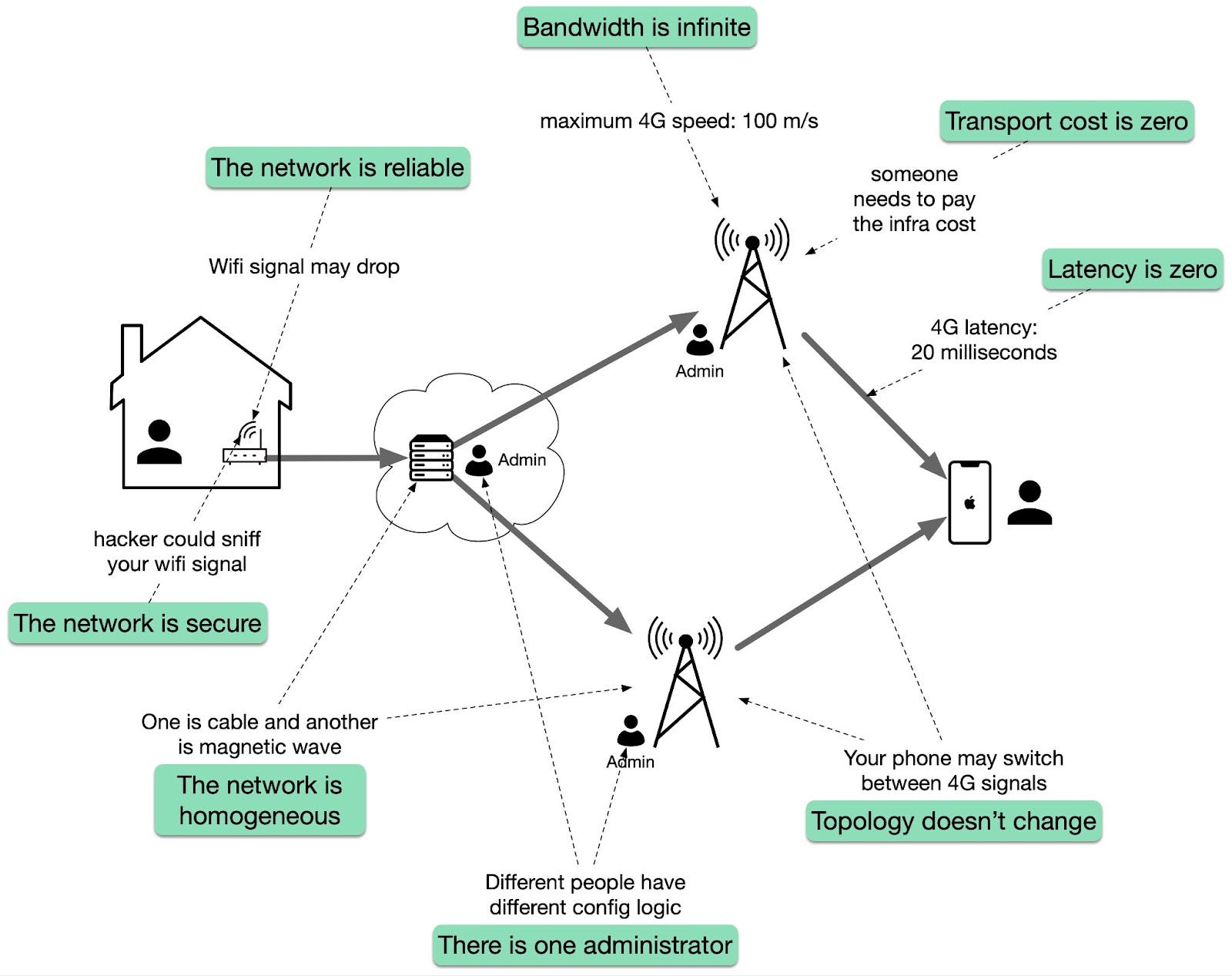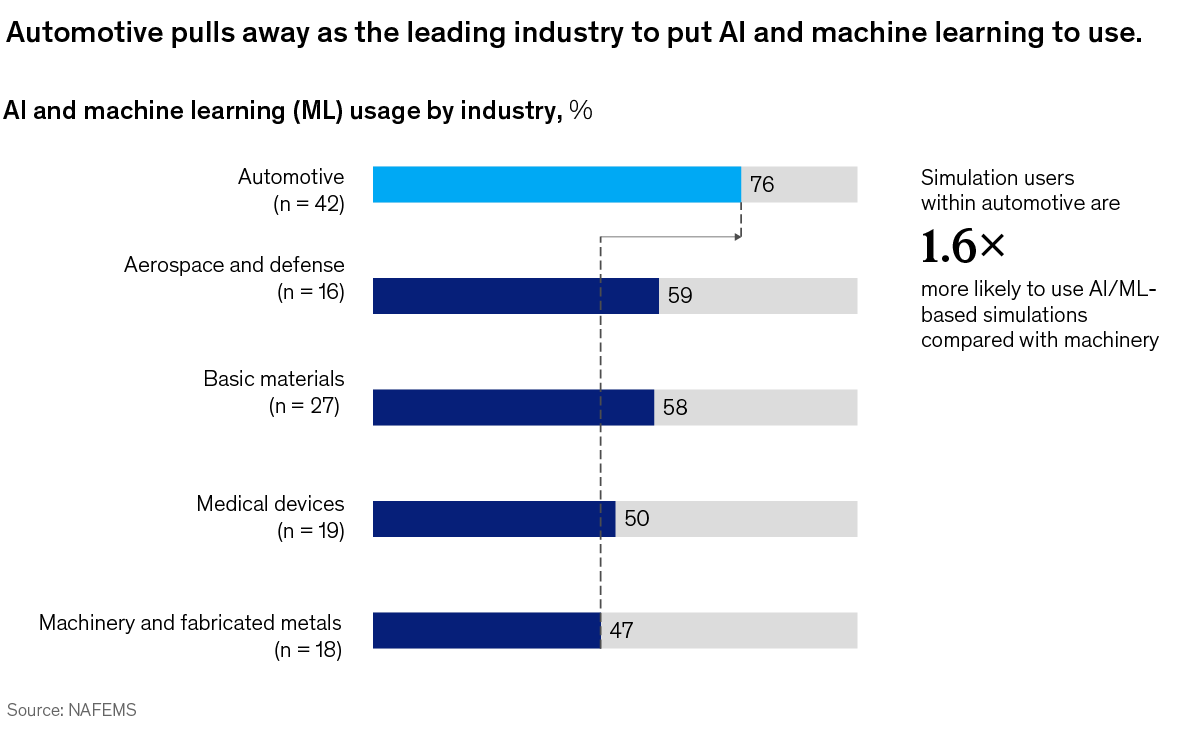Archives
- By thread 5342
-
By date
- June 2021 10
- July 2021 6
- August 2021 20
- September 2021 21
- October 2021 48
- November 2021 40
- December 2021 23
- January 2022 46
- February 2022 80
- March 2022 109
- April 2022 100
- May 2022 97
- June 2022 105
- July 2022 82
- August 2022 95
- September 2022 103
- October 2022 117
- November 2022 115
- December 2022 102
- January 2023 88
- February 2023 90
- March 2023 116
- April 2023 97
- May 2023 159
- June 2023 145
- July 2023 120
- August 2023 90
- September 2023 102
- October 2023 106
- November 2023 100
- December 2023 74
- January 2024 75
- February 2024 75
- March 2024 78
- April 2024 74
- May 2024 108
- June 2024 98
- July 2024 116
- August 2024 134
- September 2024 130
- October 2024 141
- November 2024 171
- December 2024 115
- January 2025 216
- February 2025 140
- March 2025 220
- April 2025 233
- May 2025 239
- June 2025 303
- July 2025 155
-
From poverty to empowerment: Raising the bar for sustainable and inclusive growth
Advance the continuum of progress Brought to you by Liz Hilton Segel, chief client officer and managing partner, global industry practices, & Homayoun Hatami, managing partner, global client capabilities
Quote of the day
Chart of the day
ALSO NEW
— Edited by Joyce Yoo, editor, New York
Share these insights
Did you enjoy this newsletter? Forward it to colleagues and friends so they can subscribe too. Was this issue forwarded to you? Sign up for it and sample our 40+ other free email subscriptions here.
This email contains information about McKinsey's research, insights, services, or events. By opening our emails or clicking on links, you agree to our use of cookies and web tracking technology. For more information on how we use and protect your information, please review our privacy policy.
You received this email because you subscribed to our McKinsey Global Institute alert list.
Copyright © 2023 | McKinsey & Company, 3 World Trade Center, 175 Greenwich Street, New York, NY 10007
by "McKinsey Daily Read" <publishing@email.mckinsey.com> - 05:07 - 28 Aug 2023 -
🚀 Exclusive Early Access: Remote Connect 2023 is here
🚀 Exclusive Early Access: Remote Connect 2023 is here
Early registration is now open for Remote Connect 2023. Secure your free pass to access our virtual platform, important event updates, and on-demand content.An exclusive invitation just for you
Psst! Early registration is now open for Remote Connect 2023 our annual virtual conference on 19 October and we wanted you to be the first to know.
Join business executives, HR professionals, thought leaders, and industry experts from around the world for this one-day virtual conference dedicated to uncovering new strategies for scaling globally distributed teams.
What to expect
Space is limited,
get your free virtual pass today!
Need Help?
We're Here for You!Search over 1,500 articles, visit our Help Center.
Prefer a personal touch? Schedule a call with an expert.





You received this email because you are subscribed to Conferences & Events from Remote Technology, Inc.
Update your email preferences to choose the types of emails you receive.
Unsubscribe from all future emailsRemote Technology, Inc.
Copyright © 2023 Remote Technology, Inc. All rights reserved.
18 Bartol St. #1163 San Francisco California
by "Remote" <hello@remote-comms.com> - 11:01 - 28 Aug 2023 -
[Online workshop] How to Master Software Remediation using New Relic Vulnerability Management
New Relic
 Register for this online workshop, "How to Master Software Remediation using New Relic Vulnerability Management" on 7th September at 2 PM BST/ 3 PM CEST to get a comprehensive introduction to New Relic Vulnerability Management. Applications today often consist of thousands of components, each with the potential to carry critical security vulnerabilities.Mitigating threats is no longer the sole responsibility of security teams, it is a shared responsibility of all engineers to have a security mindset across the development pipeline.
Register for this online workshop, "How to Master Software Remediation using New Relic Vulnerability Management" on 7th September at 2 PM BST/ 3 PM CEST to get a comprehensive introduction to New Relic Vulnerability Management. Applications today often consist of thousands of components, each with the potential to carry critical security vulnerabilities.Mitigating threats is no longer the sole responsibility of security teams, it is a shared responsibility of all engineers to have a security mindset across the development pipeline.
In this practical session, you’ll find out about how New Relic vulnerability management lets you see and fix security issues in one connected experience with zero configuration, open integrations, automatic risk prioritization, and alerting on newly discovered vulnerabilities across all teams (Dev, Ops, Sec).
In this online workshop, you’ll learn:
- Learn three best practices to adopt that can help improve secure code quality.
- How New Relic Vulnerability Management empowers your engineers to understand their application security
- How it works and how to get it technically (Agent upgrade)
Register now Need help? Let's get in touch. 

 This email is sent from an account used for sending messages only. Please do not reply to this email to contact us—we will not get your response.
This email is sent from an account used for sending messages only. Please do not reply to this email to contact us—we will not get your response.View in browser
This email was sent to info@learn.odoo.com. Update your email preferences.For information about our privacy practices, see our Privacy Policy.
Need to contact New Relic? You can chat or call us at +44 20 3859 9190
Strand Bridge House, 138-142 Strand, London WC2R 1HH
© 2023 New Relic, Inc. All rights reserved. New Relic logo are trademarks of New Relic, Inc.
by "New Relic" <emeamarketing@newrelic.com> - 06:26 - 28 Aug 2023 -
Get excited for the latest products and APC news
Schneider Electric
East Asia Partner Newsletter Get certified, get access
Get certified, get access
Access our designer tool, the Local Edge Configurator (LEC) to design your latest one rack solution in just 2 minutes!
Easily generate and customize your own solution reports.
What is DCIM 3.0?
Schneider Electric is investing in EcoStruxure IT to best serve you, empowering you to operate in the most resilient, secure, and sustainable IT infrastructure anywhere.
Expertise with a Modular Solution
Discover in 2 mins how the Easy Modular Data Center All-in-One delivers on speed, predictability, and reliability.
+ Lifecycle Services From energy and sustainability consulting to optimizing the life cycle of your assets, we have services to meet your business needs. Schneider Electric
46 Rungrojthanakul Building. 1st, 10th, 11th Floor, Ratchadapisek Road. Huaykwang
Bangkok - 10310, Thailand
Phone +662 617 5555© 2023 Schneider Electric, All Rights Reserved. Schneider Electric trademarks are owned by Schneider Electric or its affiliated companies in the United States and other countries. All other trademarks are property of their respective owners.
by "Schneider Electric" <reply@se.com> - 03:00 - 28 Aug 2023 -
Go for bold: A leader’s guide to transformative change
Change it up Brought to you by Liz Hilton Segel, chief client officer and managing partner, global industry practices, & Homayoun Hatami, managing partner, global client capabilities
It’s not unusual if your company’s business transformation is slow or even stalled. Organizations continually try to reinvent their businesses, yet the average success rate of these efforts remains low. We find that companies that have launched transformation projects are rarely able to improve business performance and maintain those improvements over time; even organizations with successful transformations don’t always capture their full value. And playing it safe isn’t the solution—today’s transformations need to be big and bold to generate new opportunities and sustained growth. If your transformation initiative is stuck, the strategies below may help propel it forward.
Even if your organization’s transformation has been successful, has it been transformative? Probably not. Transformations that reach this level represent just 5 percent of all transformations but deliver 4.5 times the value, according to research led by McKinsey senior partners José Pimenta da Gama and Fábio Stul and colleagues. Exemplary transformations generally have five characteristics in common, but transformative ones add three crucial actions: reinventing the core business, developing or acquiring new businesses, and revamping the operating model to focus on speed and innovation. To check where your project falls on the transformative scale, you may want to examine ten important areas focused on holistic impact and business reinvention, asking questions such as these: How is the company delivering compared with its full potential? Is it being thoughtful about where to compete? Is it innovating fast enough?
That’s the percentage of respondents to a McKinsey survey whose organizations have sustained their transformation goals for more than three years; these enterprises report twice the rate of financial growth as their peers. Fifty-six percent of respondents say that their companies’ transformation programs were successful initially. At the later stages of implementation, however, respondents lost 42 percent of the transformation’s potential financial benefit. “It’s never been as important as it is now to execute and build capabilities in major transformation programs,” emphasizes McKinsey partner Steve Armbruster. “And guess what? We’re finding that it’s even harder to do this than we thought.”
That’s McKinsey senior partners Chris Bradley, Marc de Jong, and Wesley Walden on why you shouldn’t be afraid to aim high in a transformation. Go all in on the performance- and portfolio-related actions that you can take, they suggest. Making five big moves in these two categories can push a company up on the “power curve” of economic profit, on which only a few organizations reach the top quintile of earnings. But no matter what you do, “standing still is a terrible idea,” warn the McKinsey experts. “The odds associated with a static approach are grim, equating to a 2 percent chance of reaching the top of the power curve and a 16 percent chance of slipping to the bottom.”
Fairy tales are all about transformations—a frog turns into a prince, or a pumpkin becomes a golden carriage. Business transformations, while not quite as magical, are also about change—and getting people on board with change may be one of the most difficult processes for leaders to orchestrate. McKinsey senior partner Kirk Rieckhoff cautions against quick wins. “What you’re really looking for is quick progress,” he says. This involves showing people that change is possible. “The key to success for making change happen is to start the change, versus just planning to,” says Rieckhoff. “Step zero doesn’t get you anywhere. You’ve got to go to step one, two, three.”
Lead transformationally.
— Edited by Rama Ramaswami, senior editor, New York
Leading Off will take an end-of-summer break, but we’ll be back on September 11. Take care, and thanks for reading.
Share these insights
Did you enjoy this newsletter? Forward it to colleagues and friends so they can subscribe too. Was this issue forwarded to you? Sign up for it and sample our 40+ other free email subscriptions here.
This email contains information about McKinsey’s research, insights, services, or events. By opening our emails or clicking on links, you agree to our use of cookies and web tracking technology. For more information on how we use and protect your information, please review our privacy policy.
You received this email because you subscribed to the Leading Off newsletter.
Copyright © 2023 | McKinsey & Company, 3 World Trade Center, 175 Greenwich Street, New York, NY 10007
by "McKinsey Leading Off" <publishing@email.mckinsey.com> - 02:05 - 28 Aug 2023 -
Registration closing for latest DevCon 2023
Registration closing for latest DevCon 2023
Learn about Smart Queue Management Systems


How To Build a Smart Queue Management System Step by Step? From Zero to Hero.
September 5, 2023;
7PM-8PM ISTRegister now 


Md Abul,
Join us for a step-by-step tutorial on how to create an intelligent retail queue management system using the OpenVINO™ toolkit and YOLOv8. By the end of the presentation, you'll have the knowledge and resources to build your own solution.
What you’ll learn:
- Step-by-step easy-to-follow Jupyter Notebook tutorial
- Real-time detection and tracking of people for efficient queue management and staffing optimization
- Optimized for multi-model workloads across various Intel processors
- Where to find resources; open-source code, dataset, videos, and a blog available on GitHub for easy customization and extension to your specific needs
Register today 


Adrian Boguszewski
AI Software Evangelist, Intel
Adrian, an OpenVINO developer evangelist, is frequently a speaker at data science conferences,enjoys working with big data and creating solutions for big companies in Poland.

Anisha Udayakumar
AI Evangelist, Intel
Anisha is an AI Evangelist at Intel with a passion for the OpenVINO™ toolkit. She is a member of aninnovation team that leverages cutting-edge technologies such as AI, Augmented Reality, Virtual Reality, Robotics, and XR to build rapid prototypes and vision-based retail solutions.On-Demand Workshops
OpenVINO 2023.0 – See What's New

Harness Generative AI Acceleration with OpenVINO™ toolkit

Beyond the Continuum: The Importance of Quantization in Deep Learning







If you forward this email, your contact information will appear in any auto-populated form connected to links in this email.
This was sent to info@learn.odoo.com because you are subscribed to Webinars. To view and manage your marketing-related email preferences with Intel, please click here.
© 2023 Intel Corporation
Intel Corporation, 2200 Mission College Blvd., M/S RNB4-145, Santa Clara, CA 95054 USA. www.intel.com
Privacy | Cookies | *Trademarks | Unsubscribe | Manage Preferences
by "Intel Developer Zone" <intel.developer.zone@plan.intel.com> - 12:34 - 28 Aug 2023 -
Generative AI can give people ‘superpowers.’ What are the implications for workers?
On Point
How AI can boost productivity Brought to you by Liz Hilton Segel, chief client officer and managing partner, global industry practices, & Homayoun Hatami, managing partner, global client capabilities
•
Generative AI’s new roles. The quality of response from generative AI depends on the prompt it is given—a prompt that is usually human-generated. However, researchers are exploring other ways to interact with the technology based on who initiates the interaction (human or machine) and who is using it (an individual, group, or another machine). Using different prompts, generative AI could act as a personal coach to help you manage your time, fact-check statements made during a group conversation, or act as a manager to coordinate a group project. [HBR]
•
Estimating generative AI’s value. Generative AI has captured the imagination of business leaders, as workers across industries discover how AI can accelerate IT coding, speed content development, and improve product design. Research by McKinsey Global Institute partner Michael Chui and coauthors shows the potential for generative AI to add the equivalent of $2.6 trillion to $4.4 trillion to the economy annually. “It’s very compelling on a personal level because almost everyone can use it,” Chui explains.
•
More power to you. Our research shows that using generative AI to automate routine daily tasks bestows workers with a new “superpower” to improve productivity and have more time for the more human elements of work. For example, AI-improved scripts and customer insights can help new call center workers advance faster because they are able to handle complex situations more quickly and spend more time interacting with customers. Visit our New at McKinsey Blog to learn how companies can reimagine their business models with AI.
— Edited by Gwyn Herbein, editor, Atlanta
This email contains information about McKinsey's research, insights, services, or events. By opening our emails or clicking on links, you agree to our use of cookies and web tracking technology. For more information on how we use and protect your information, please review our privacy policy.
You received this email because you subscribed to the On Point newsletter.
Copyright © 2023 | McKinsey & Company, 3 World Trade Center, 175 Greenwich Street, New York, NY 10007
by "McKinsey On Point" <publishing@email.mckinsey.com> - 12:16 - 28 Aug 2023 -
Don’t miss out! | Leveraging Generative AI to power your Content Supply Chain
Adobe
Learn how Generative AI fits into your overall content management workflow
Adobe Webinar
Leveraging Generative AI to power your Content Supply Chain
Tuesday, 12 September, 2023
11am SGTDream it, type it, see it with Firefly, our creative generative AI engine. Now in Photoshop (beta), Illustrator and on the web.
Firefly generative AI capabilities is embedded into other Adobe tools. In this webinar, get a head-start on GenAI with live demos and sharing on the following topics:- Introduction to Generative AI
- Empowering everyone and anyone to express creativity with Adobe Express and Firefly
- How Generative AI fits into your overall content management workflow to drive content at scale
- Enhancing your investment in AEM Assets with Adobe Express and Firefly
Register now
Speakers
 Nelson John
Nelson John
Principal Solution Consultant
Adobe See Wai Yip
See Wai Yip
Principal Solution Consultant
AdobeCreativity for all.Adobe and the Adobe logo are either registered trademarks or trademarks of Adobe in the United States and/or other countries. This is not a comprehensive list of all Adobe trademarks. For a full list, refer to the Adobe List of Trademarks. All other trademarks are the property of their respective owners.
By clicking on some of the links in this email, you might be redirected to forms that will be pre-populated with your contact information.
This is a marketing email from Adobe Systems Software Ireland Limited, 4‑6 Riverwalk, Citywest Business Park, Dublin 24, Ireland.
Click here to unsubscribe or send an unsubscribe request to the postal address above. Please review the Adobe Privacy Policy:
Australia
New Zealand
Indonesia
Malaysia
Philippines
Vietnam
Singapore
India
Hong Kong
To ensure email delivery, add demand@info.adobe.com to your address book, contacts, or safe sender list.
If you have a privacy-related complaint, send it to: privacy@adobe.com
View in browser
by "Adobe Creative Cloud for Business" <demand@info.adobe.com> - 09:01 - 27 Aug 2023 -
Why minor stresses pack a punch—and what to do about it
Readers & Leaders
Plus, more than 70 book recommendations THIS MONTH'S PAGE-TURNERS ON BUSINESS AND BEYOND
Your boss changed the direction of a project a day before it was due. You need to cancel your after-work plans with a friend to meet a deadline. You have to unexpectedly cover for a colleague who took a sick day. These difficulties might seem like small bumps in the road, but cumulatively, they can pack a big punch to our well-being. In this edition of Readers & Leaders, Rob Cross, the Edward A. Madden Professor of Global Leadership at Babson College and the cofounder and director of the Connected Commons consortium, calls this “the microstress effect.” In his latest Author Talks, Cross shares how small disruptions can add up to create big barriers to productivity and offers insight into how to buck the trend. In other featured interviews, Zeynep Ton, cofounder of the Good Jobs Institute, presents strategies to reduce turnover, drive profit, and create added value for customers; educator Jamie Sears helps teachers avoid burnout; and Renée Mauborgne explains how nondisruptive creation can unlock economic growth.
Itching for more good reads? Don’t miss our annual summer reading guide for 70-plus book recommendations from CEOs, editors in chief, and other leaders. If you’re looking for insights to share with your middle managers, check out Power to the Middle, which is also among our top summer selections. Written by McKinsey senior partner emeritus Bill Schaninger and partners Bryan Hancock and Emily Field, this book highlights the critical contributions that middle managers make in company productivity and performance and reveals why reimagining their vital roles is more important now than ever.
Also, explore this month’s bestselling business books, prepared exclusively for McKinsey by Circana, and head to McKinsey on Books for more of the latest.IT BEARS REPEATING
“Save ten minutes at the end of each meeting to restate expectations. Make sure people are clear on commitments, so that the following meeting opens with a quick summary of where you are against where we are planned to be. What you’re trying to do is avoid that slow slippage of commitment.”
—Rob Cross, Edward A. Madden Professor of Global Leadership at Babson College and cofounder and director of Connected Commons, in a recent edition of Author Talks.IN CASE YOU MISSED IT
Zeynep Ton makes a strong case for investing in high-quality jobs: “Data can tell what happens when we increase staffing levels to support profitability, but it doesn’t tell us the impact on our customers, on our employees, the overall morale, and people’s ability to do a good job. If you don’t pay attention to those elements, at some point, your organization will get hurt.” Watch the full interview.
Educator Jamie Sears helps teachers embrace self-care: “Teachers unconditionally love their students. That love is why teachers think they must be there late and do everything they can to be successful.” Watch the full interview.
Renée Mauborgne explains how companies can reach success outside the usual industry bounds: “Innovation doesn’t have to be a zero-sum game. Nondisruptive creation is a positive-sum approach to innovation and growth, where business and society can thrive together.” Watch the full interview.BUSINESS BESTSELLERS TOP
8
BUSINESS OVERALL
BUSINESS HARDCOVER
DECISION MAKING
ECONOMICS
ORGANIZATIONAL BEHAVIOR
WORKPLACE CULTURE
DIVERSITY & INCLUSION
SUSTAINABILITY
BOOKMARK THIS
TURN BACK THE PAGE
Since its launch in December 2020, Author Talks has featured 150 authors of new books on a range of topics, including leadership, personal development, and more. To celebrate this milestone, revisit our most popular interviews across five genres.
Leadership & organization: What separates the best CEOs from the rest?
Sustainability: One billion more
Innovative thinking: What poker pro Annie Duke can teach you about quitting on time
Communication: Attributes—not-skills—determine whether you ‘cut it’ or not
Talent, culture, and change management: Tsedal Neeley on why remote work is here to stay—and how to get it rightIf you’d like to propose a book or author for #McKAuthorTalks, please email us at Author_Talks@McKinsey.com. Due to the high volume of requests, we will respond only to those being considered.
— Edited by Emily Adeyanju, an editor in McKinsey’s Charlotte office
Share these insights
Did you enjoy this newsletter? Forward it to colleagues and friends so they can subscribe too.
Was this issue forwarded to you? Sign up for it and sample our 40+ other free email subscriptions here.
This email contains information about McKinsey's research, insights, services, or events. By opening our emails or clicking on links, you agree to our use of cookies and web tracking technology. For more information on how we use and protect your information, please review our privacy policy.
You received this email because you subscribed to the Readers & Leaders newsletter.
Copyright © 2023 | McKinsey & Company, 3 World Trade Center, 175 Greenwich Street, New York, NY 10007
by "McKinsey Readers & Leaders" <publishing@email.mckinsey.com> - 09:22 - 27 Aug 2023 -
The week in charts
The Week in Charts
15 tech trends to follow, the economic potential of gen AI, and more Share these insights
Did you enjoy this newsletter? Forward it to colleagues and friends so they can subscribe too. Was this issue forwarded to you? Sign up for it and sample our 40+ other free email subscriptions here.
This email contains information about McKinsey's research, insights, services, or events. By opening our emails or clicking on links, you agree to our use of cookies and web tracking technology. For more information on how we use and protect your information, please review our privacy policy.
You received this email because you subscribed to The Week in Charts newsletter.
Copyright © 2023 | McKinsey & Company, 3 World Trade Center, 175 Greenwich Street, New York, NY 10007
by "McKinsey Week in Charts" <publishing@email.mckinsey.com> - 03:02 - 26 Aug 2023 -
EP74: The Evolution of AWS Services
EP74: The Evolution of AWS Services
This week’s system design refresher: Algorithms You Should Know Before You Take System Design Interviews (Youtube video) AWS Services Evolution How does Git Work? IaaS, PaaS, Cloud Native. How do we get here? Is the cloud really free or inexpensive? View in browser This week’s system design refresher:
Algorithms You Should Know Before You Take System Design Interviews (Youtube video)
AWS Services Evolution
How does Git Work?
IaaS, PaaS, Cloud Native. How do we get here?
Is the cloud really free or inexpensive?
Inside The Top 10% Of Engineering Organizations (Sponsored)
Fact: You can’t become better at anything unless you understand what getting better would actually look like. This is especially true in the case of engineering teams.
Following an analysis of 2,000 dev teams and over 4.5 million code branches, we finally know what performance metrics look like in the world’s best engineering orgs.
In this exclusive report, engineers will finally get visibility into what the top 10% of dev teams are hitting in terms of crucial metrics – like cycle time, deployment frequency, rework rate, and more!
Algorithms You Should Know Before You Take System Design Interviews
AWS Services Evolution
How did AWS grow from just a few services in 2006 to over 200 fully-featured services? Let's take a look.
Since 2006, it has become a cloud computing leader, offering foundational infrastructure, platforms, and advanced capabilities like serverless computing and AI.
This expansion empowered innovation, allowing complex applications without extensive hardware management. AWS also explored edge and quantum computing, staying at tech's forefront.
This evolution mirrors cloud computing's shift from niche to essential, benefiting global businesses with efficiency and scalability.
Happy to present the curated list of AWS services introduced over the years below.
Note:
The announcement or preview year differs from the public release year for certain services. In these cases, we've noted the service under the release year
Unreleased services noted in announcement years
Over to you: Are you excited about all the new services, or do you find it overwhelming?
Latest articles
If you’re not a subscriber, here’s what you missed this month.
"I Was Under Leveled!" — Avoiding the Tragedy of Making Only $500k a Year
Network Protocols behind Server Push, Online Gaming, and Emails
To receive all the full articles and support ByteByteGo, consider subscribing:
How does Git Work?
The diagram below shows the Git workflow.
Git is a distributed version control system.
Every developer maintains a local copy of the main repository and edits and commits to the local copy.
The commit is very fast because the operation doesn’t interact with the remote repository.
If the remote repository crashes, the files can be recovered from the local repositories.
Over to you: Which Git command do you use to resolve conflicting changes?
IaaS, PaaS, Cloud Native… How do we get here?
The diagram below shows two decades of cloud evolution.
2001 - VMWare - Virtualization via hypervisor
2006 - AWS - IaaS (Infrastructure as a Service)
2009 - Heroku - PaaS (Platform as a Service)
2010 - OpenStack - Open-source IaaS
2011 - CloudFoundry - Open-source PaaS
2013 - Docker - Containers
2015 - CNCF (Cloud Native Computing Foundation) - Cloud NativeOver to you: Which ones have you used?
Is the cloud really free or inexpensive?
While it may be inexpensive or even free to get started, the complexity often leads to hidden costs, resulting in large cloud bills.
The purpose of this post is not to discourage using the cloud. I’m a big fan of the cloud. I simply want to raise awareness about this issue, as it's one of the critical topics that isn't often discussed.
While AWS is used as an example, similar cost structures apply to other cloud providers.
Free Tier Ambiguity: AWS offers three different types of free offerings for common services. However, services not included in the free tier can charge you. Even for services that do provide free resources, there's often a limit. Exceeding that limit can result in higher costs than anticipated.
Elastic IP Addresses: AWS allows up to five Elastic IP addresses. Exceeding this limit incurs a small hourly rate, which varies depending on the region. This is a recurring charge.
Load Balancers: They are billed hourly, even if not actively used. Furthermore, you'll face additional charges if data is transferred in and out of the load balancer.
Elastic Block Storage (EBS) Charges: EBS is billed on a GB-per-month basis. You will be charged for attached and unattached EBS volumes, even if they're not actively used.
EBS Snapshots: Deleting an EBS volume does not automatically remove the associated snapshots. Orphaned EBS snapshots will still appear on your bill.
S3 Access Charges: While the pricing for S3 storage is generally reasonable, the costs associated with accessing stored objects, such as GET and LIST requests, can sometimes exceed the storage costs.
S3 Partial Uploads: If you have an unsuccessful multipart upload in S3, you will still be billed for the successfully uploaded parts. It's essential to clean these up to avoid unnecessary costs.
Data Transfer Costs: Transferring data to AWS, for instance, from a data center, is free. However, transferring data out of AWS can be significantly more expensive.
Over to you: Have you ever been surprised by an unexpected cloud bill? Share your experiences with us!
Latest articles
Here are the latest articles you may have missed:
To receive all the full articles and support ByteByteGo, consider subscribing:
Like
Comment
Restack
© 2023 ByteByteGo
548 Market Street PMB 72296, San Francisco, CA 94104
Unsubscribe
by "ByteByteGo" <bytebytego@substack.com> - 11:36 - 26 Aug 2023 -
Don’t miss our most-read recent issues
Read about generative AI and digital transformation We hope you find The Shortlist helpful. We’ll be taking a summer hiatus for a couple weeks, returning to your inbox on September 8 with an updated newsletter name: The CEO Shortlist. As McKinsey doubles down on its commitment to support CEOs, whose role is more challenging than ever, the refreshed newsletter will focus on helping those CEOs, present and future, do the best job they can. Rest assured it will continue to deliver, twice monthly, a shortlist of articles and reports that are must-reads regardless of role—from C-level execs to the frontline.
Watch for The CEO Shortlist next month, and until then, we invite you to browse some of our most popular recent issues:If you have friends or colleagues who might enjoy The CEO Shortlist, consider forwarding this email to them or sharing it on social media. They can sign up for this or any of our 40+ other free email subscriptions at mckinsey.com/subscriptions. (And you might also want to revisit that page to see our full newsletter lineup.)
This email contains information about McKinsey’s research, insights, services, or events. By opening our emails or clicking on links, you agree to our use of cookies and web tracking technology. For more information on how we use and protect your information, please review our privacy policy.
You received this email because you subscribed to The Shortlist newsletter.
Copyright © 2023 | McKinsey & Company, 3 World Trade Center, 175 Greenwich Street, New York, NY 10007
by "McKinsey Shortlist" <publishing@email.mckinsey.com> - 02:39 - 25 Aug 2023 -
Do you love to travel? See the future of hospitality.
On Point
The hotel of the 2030s Brought to you by Liz Hilton Segel, chief client officer and managing partner, global industry practices, & Homayoun Hatami, managing partner, global client capabilities
•
Sweet smell of success. One way that hotels are trying to attract and keep guests is to create memorable fragrances. These unique scents, such as the rich smell of black tea or the scent of coconut, are meant to evoke certain moods that hotels would like guests to associate with their time at the hotel. Some hotels also sell candles and other items scented with those fragrances so guests can enjoy them at home. The use of signature fragrances can help hotel brands give guests the same olfactory experience throughout their properties. [WaPo]
•
Travel’s new era. The hotel of the future is a place where “every single pain point will be removed” and almost every aspect of your stay will be personalized to your tastes, according to McKinsey senior partners Matteo Pacca and Caroline Tufft and their coauthors. When you walk into your hotel, the staff will greet you by name, know your travel preferences, and anticipate your needs. Imagine no more long check-in lines and having automation in your room so that furniture shifts around at any time to make it suitable for work, exercise, socializing, or sleep.
•
Inspiring, sustainable experiences. Welcome to the next normal in the hospitality industry, where leading hotel brands are prioritizing the well-being of both guests and employees—as well as the health of the planet. Technology will continue to play a growing role. Hotel rooms can have sensors to detect if a guest is present, which will allow for the temperature to be regulated. Explore our series, The Next Normal, to hear interviews with industry trendsetters and discover what’s in store for the hotel industry in the 2030s.
— Edited by Katherine Tam, editor, New York
This email contains information about McKinsey's research, insights, services, or events. By opening our emails or clicking on links, you agree to our use of cookies and web tracking technology. For more information on how we use and protect your information, please review our privacy policy.
You received this email because you subscribed to the On Point newsletter.
Copyright © 2023 | McKinsey & Company, 3 World Trade Center, 175 Greenwich Street, New York, NY 10007
by "McKinsey On Point" <publishing@email.mckinsey.com> - 10:07 - 24 Aug 2023 -
Attention
Dear Sir/Ma
I am an Auditor in Nigeria National Petroleum Corporation (NNPC Bonny Terminal).
I am writing to demand if your company can allow and agree for me to use the name of your company to remit money
overseas, and you will be compensated.
Best Regards,Tonye Preye.
Nigerian National Petroleum Corporation (NNPC Bonny Terminal).Email: tonyepreye@yandex.com
by "tonyepreye" <tonyepreye@vip.sohu.com> - 03:25 - 24 Aug 2023 -
Common Failure Causes
Common Failure Causes
Designing distributed systems is hard. Without careful planning, numerous issues can arise quickly. It's vital to understand potential pitfalls to be resilient against unforeseen failures. One of the most exciting books I've come across on this subject is "Understanding Distributed Systems." The author, View in browser This is a sneak peek of today’s paid newsletter for our premium subscribers. Get access to this issue and all future issues - by subscribing today.
Latest articles
If you’re not a subscriber, here’s what you missed this month.
"I Was Under Leveled!" — Avoiding the Tragedy of Making Only $500k a Year
Network Protocols behind Server Push, Online Gaming, and Emails
To receive all the full articles and support ByteByteGo, consider subscribing:
Designing distributed systems is hard. Without careful planning, numerous issues can arise quickly. It's vital to understand potential pitfalls to be resilient against unforeseen failures.
One of the most exciting books I've come across on this subject is "Understanding Distributed Systems." The author, Roberto Vitillo, held positions as a Principal Engineer/Engineering Manager at Microsoft and later as a Principal Engineer at Amazon. The book is organized into five parts:
Part I: Communication
Part II: Coordination
Part III: Scalability
Part IV: Resiliency
Part V: Maintainability
I approached Roberto to see if he'd be willing to share a chapter with our newsletter subscribers, and he graciously agreed. I selected the "Common Failure Causes" chapter. In this excerpt, we discuss 8 common causes of failure and briefly overview how to address them.
For those interested in a deeper dive into other subjects, the e-book is available on Roberto's website, and the printed version can be found on Amazon.
Common failure causes
We say that a system has a failure when it no longer provides a service to its users that meets its specification. A failure is caused by a fault: a failure of an internal component or an external dependency the system depends on. Some faults can be tolerated and have no user-visible impact at all, while others lead to failures.
To build fault-tolerant applications, we first need to have an idea of what can go wrong. In the next few sections, we will explore some of the most common root causes of failures. By the end of it, you will likely wonder how to tolerate all these different types of faults.
Hardware faults
Any physical part of a machine can fail. HDDs, memory modules, power supplies, motherboards, SSDs, NICs, or CPUs, can all stop working for various reasons. In some cases, hardware faults can cause data corruption as well. If that wasn't enough, entire data centers can go down because of power cuts or natural disasters.
As we will discuss later, we can address many of these infrastructure faults with redundancy. You would think that these faults are the main cause for distributed applications failing, but in reality, they often fail for very mundane reasons.
Incorrect error handling
A study from 2014 of user-reported failures from five popular distributed data stores found that the majority of catastrophic failures were the result of incorrect handling of non-fatal errors.
In most cases, the bugs in the error handling could have been detected with simple tests. For example, some handlers completely ignored errors. Others caught an overly generic exception, like Exception in Java, and aborted the entire process for no good reason. And some other handlers were only partially implemented and even contained "FIXME" and "TODO" comments.
In hindsight, this is perhaps not too surprising, given that error handling tends to be an afterthought. This is the reason the Go language puts so much emphasis on error handling. We will take a closer look at best practices for testing large distributed applications.
Configuration changes
Configuration changes are one of the leading root causes for catastrophic failures. It's not just misconfigurations that cause problems, but also valid configuration changes to enable rarely-used features that no longer work as expected (or never did).
What makes configuration changes particularly dangerous is that their effects can be delayed. If an application reads a configuration value only when it's actually needed, an invalid value might take effect only hours or days after it has changed and thus escape early detection.
This is why configuration changes should be version-controlled, tested, and released just like code changes, and their validation should happen preventively when the change happens. We will discuss safe release practices for code and configuration changes in the context of continuous deployments.
Single points of failure
A single point of failure (SPOF) is a component whose failure brings the entire system down with it. In practice, systems can have multiple SPOFs.
Humans make for great SPOFs, and if you put them in a position where they can cause a catastrophic failure on their own, you can bet they eventually will. For example, human failures often happen when someone needs to manually execute a series of operational steps in a specific order without making any mistakes. On the other hand, computers are great at executing instructions, which is why automation should be leveraged whenever possible.
Another common SPOF is DNS. If clients can't resolve the domain name for an application, they won't be able to connect to it. There are many reasons why that can happen, ranging from domain names expiring, to entire root level domains going down.
Similarly, the TLS certificate used by an application for its HTTP endpoints is also a SPOF. If the certificate expires, clients won't be able to open a secure connection with the application.
Ideally, SPOFs should be identified when the system is designed. The best way to detect them is to examine every system component and ask what would happen if it were to fail. Some SPOFs can be architected away, e.g., by introducing redundancy, while others can't. In that case, the only option left is to reduce the SPOF's blast radius, i.e., the damage the SPOF inflicts on the system when it fails. Many of the resiliency patterns we will discuss later reduce the blast radius of failures.
Network faults
When a client sends a request to a server, it expects to receive a response from it a while later. In the best case, it receives the response shortly after sending the request. If that doesn't happen, the client has two options: continue to wait or fail the request with a time-out exception or error.
Keep reading with a 7-day free trial
Subscribe to
ByteByteGo Newsletterto keep reading this post and get 7 days of free access to the full post archives.A subscription gets you:
An extra deep dive on Thursdays Full archive Many expense it with team's learning budget Like
Comment
Restack
© 2023 ByteByteGo
548 Market Street PMB 72296, San Francisco, CA 94104
Unsubscribe
by "ByteByteGo" <bytebytego@substack.com> - 11:37 - 24 Aug 2023 -
Demand for chief revenue officers is growing. How well can their involvement pay off?
On Point
The central role of CROs Brought to you by Liz Hilton Segel, chief client officer and managing partner, global industry practices, & Homayoun Hatami, managing partner, global client capabilities
•
Start-ups stall out. A combination of VC funding and pandemic-era loans kept many start-ups open—until now. As VC funding becomes harder to come by and the economy has slowed, the closure rate of a wide range of start-ups—from biotech to fintech—is going up. US-based start-ups raised $37 billion from January through March 2023, which is down more than 50% compared with the first quarter of 2022. Some companies are hoping to hold on long enough to see the market rebound. [WSJ]
•
What CROs can do. Given that 80% of start-ups never achieve scale and only 11% of Fortune 100 companies count a chief revenue officer (CRO) in their ranks, CROs have their work cut out for them. McKinsey senior partner Markus Berger-de León and colleagues found that both scale-up and incumbent companies may benefit from adding this role to the C-suite. Experienced CROs can complement a marketing and sales executive role by focusing their energies on identifying new market opportunities and building a pipeline with specific sales targets.
•
Timing is everything. A company’s business model and industry often inform decisions around when to hire a CRO. For example, engineering and technology companies with complex products may prioritize building a working product before allocating resources to sales. (One European urban-air-mobility start-up didn’t hire a chief marketing officer and a chief sales officer until 2.5 years after the incorporation.) Other companies may need to invest in distribution much sooner. Understand when, how, and why hiring a CRO can help companies better integrate sales and marketing for long-term success.
— Edited by Gwyn Herbein, editor, Atlanta
This email contains information about McKinsey's research, insights, services, or events. By opening our emails or clicking on links, you agree to our use of cookies and web tracking technology. For more information on how we use and protect your information, please review our privacy policy.
You received this email because you subscribed to the On Point newsletter.
Copyright © 2023 | McKinsey & Company, 3 World Trade Center, 175 Greenwich Street, New York, NY 10007
by "McKinsey On Point" <publishing@email.mckinsey.com> - 12:17 - 24 Aug 2023 -
Feria de Seguridad ESS+ Attendees list 2023
Dear Exhibitors,
Feria de Seguridad ESS+ 2023 - attendees list is available now at a discounted price.
Could you let me know if you want to receive the Attendee List by emails?
You can use this list for your booth invitation, pre-show marketing campaigns, and appointment setting. Easy tracking, quick response, global reach, targeted marketing, ROI, email fosters long-term relationships, and increased sales.
Interested — just reply back as “Send Counts, Cost"
Regards,
Kim Varnado
(Events & Tradeshow Specialist)
by "Kim Varnado" <kim.varnado@octantech.com> - 10:30 - 23 Aug 2023 -
พิจารณาการประมวลผลเอดจ์อุตสาหกรรมเพื่อตระหนักถึงนวัตกรรมทางเทคโนโลยี!
Schneider Electric
เชื่อมต่อกับ Edge Expertการประมวลผลเอดจ์อุตสาหกรรมเพื่อให้เกิดนวัตกรรมทางเทคโนโลยีDear Abul,
นวัตกรรมทางเทคโนโลยีใหม่ๆ ที่เกี่ยวข้องกับอุตสาหกรรม 4.0 เช่น ฝาแฝดดิจิทัล AI และหุ่นยนต์อัตโนมัติ มีส่วนช่วยเพิ่มประสิทธิภาพในโรงงานอุตสาหกรรม นวัตกรรมทางเทคโนโลยีนี้เกิดขึ้นได้โดยการรวม IT และ OT และปรับใช้เทคโนโลยี IT กับไซต์ Edge.
ในเอกสารไวท์เปเปอร์นี้ เปรียบเทียบความพร้อมใช้งานของโซลูชัน Edge Computing สำหรับการสร้างโรงงานอัจฉริยะ และแสดงตัวอย่างการลดเวลาหยุดทำงาน เพื่อให้อุตสาหกรรมเอดจ์คุณ โปรดตรวจสอบการนำโซลูชันคอมพิวติ้งมาใช้งาน+ Lifecycle Services From energy and sustainability consulting to optimizing the life cycle of your assets, we have services to meet your business needs. Schneider Electric
46 Rungrojthanakul Building. 1st, 10th, 11th Floor, Ratchadapisek Road. Huaykwang
Bangkok - 10310, Thailand
Phone +662 617 5555© 2023 Schneider Electric. All Rights Reserved. Schneider Electric is a trademark and the property of Schneider Electric SE, its subsidiaries and affiliated companies. All other trademarks are the property of their respective owners.
by "Noe Noe OO, Schneider Electric" <Marcom.thailand@se.com> - 09:04 - 23 Aug 2023 -
Beacon Advancements - Keep an Eye On Your Assets
Beacon Advancements - Keep an Eye On Your Assets
Unveil the future of data-driven management with beacon advancements. Elevate precision and efficiency for smarter operations.
Unveil the future of data-driven management with beacon advancements. Elevate precision and efficiency for smarter operations.
Find out what makes our software stand out from the crowd
Motion Detection
Leverage the software's motion data processing to enhance beacon capabilities.

Range Detection
Enhance fleet operations with precise proximity tracking using range detection beacons.

Alerts and Reports
Harness the power of beacon with real-time alerts, and customizable reports to enhance fleet operations, safety, and security.
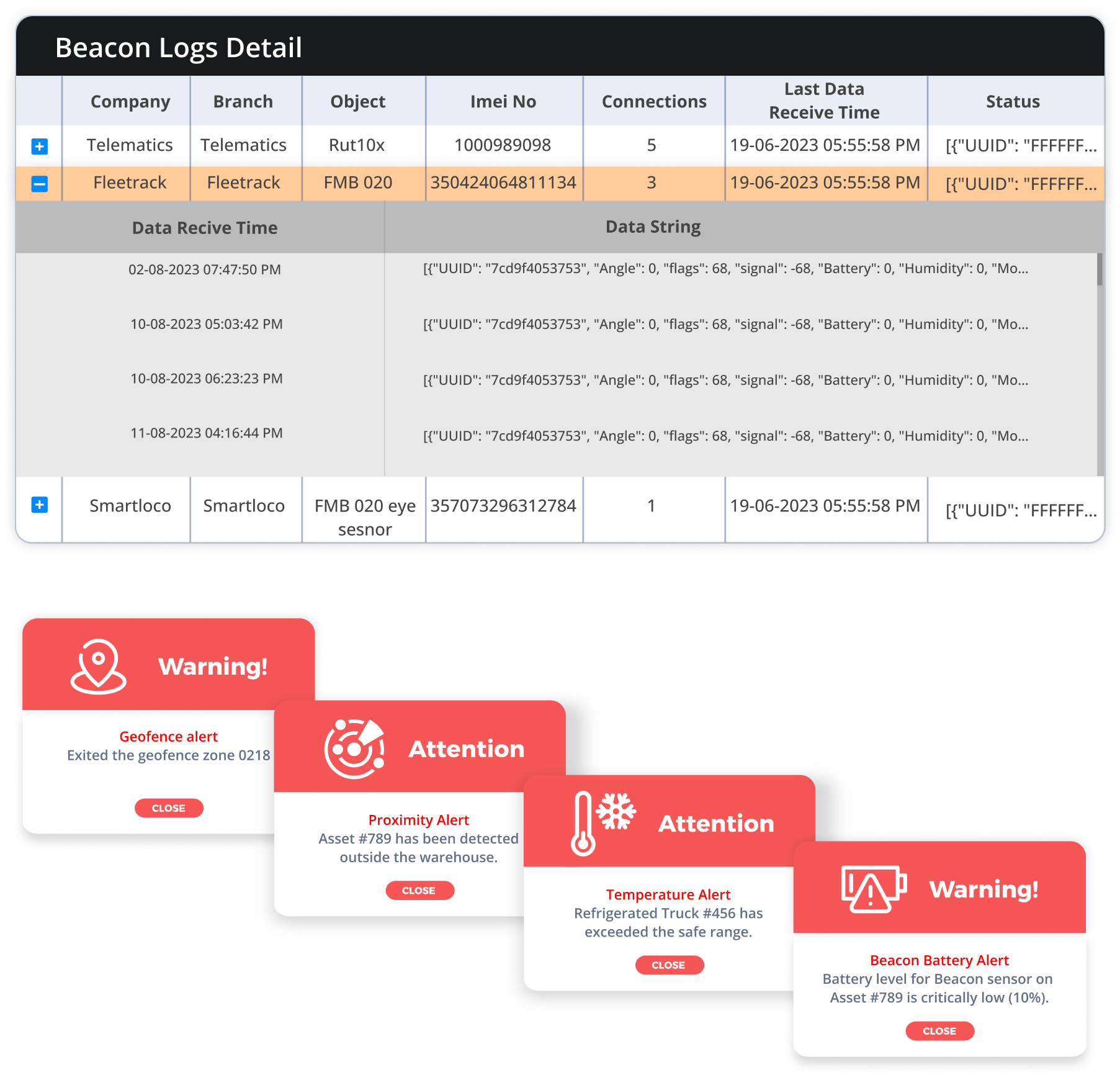
Empower your clients with precision-powered beacon advancements

Uffizio Technologies Pvt. Ltd., 4th Floor, Metropolis, Opp. S.T Workshop, Valsad, Gujarat, 396001, India
by "Sunny Thakur" <sunny.thakur@uffizio.com> - 08:00 - 23 Aug 2023 -
How four economic scenarios could shape your business strategy
4 scenarios Brought to you by Liz Hilton Segel, chief client officer and managing partner, global industry practices, & Homayoun Hatami, managing partner, global client capabilities
For the last two decades, the world’s “balance sheet”—the sum of global assets and liabilities—grew much faster than GDP. But now, amid recent global turbulence, there are signs that the world could be shifting to a new economic regime. Could it be one that steers the world’s economy back towards productive growth? The McKinsey Global Institute (MGI) developed four distinct scenarios that chart a possible path to the future. To learn more about how these scenarios could impact your operating strategies, check out this McKinsey Quarterly article by McKinsey senior partners Michael Birshan and Olivia White, MGI director, as well as MGI partner Jan Mischke. And if you’re interested in AI’s potential to transform industries, shift the workforce, and add as much as $4.4 trillion annually in economic value, be sure to check out the McKinsey Chart of the Day, which explores the implications of AI all this week.
Quote of the day
Chart of the day
ALSO NEW
— Edited by Emily Adeyanju, editor, Charlotte
Share these insights
Did you enjoy this newsletter? Forward it to colleagues and friends so they can subscribe too. Was this issue forwarded to you? Sign up for it and sample our 40+ other free email subscriptions here.
This email contains information about McKinsey's research, insights, services, or events. By opening our emails or clicking on links, you agree to our use of cookies and web tracking technology. For more information on how we use and protect your information, please review our privacy policy.
You received this email because you subscribed to our McKinsey Global Institute alert list.
Copyright © 2023 | McKinsey & Company, 3 World Trade Center, 175 Greenwich Street, New York, NY 10007
by "McKinsey Daily Read" <publishing@email.mckinsey.com> - 06:30 - 23 Aug 2023























